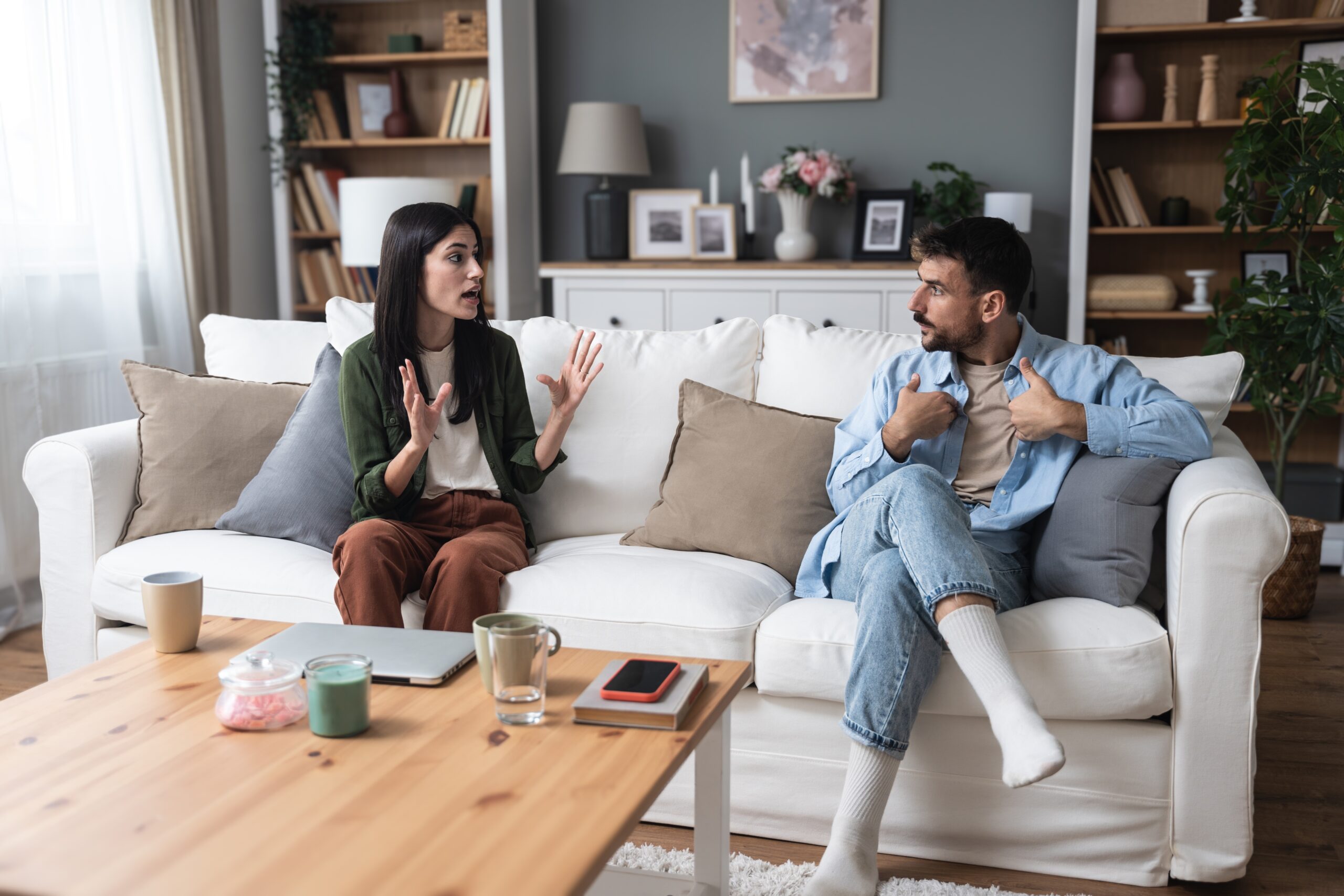Try to think back on your recent conversations with friends and colleagues. Have you often been in a situation where you’re talking to someone and the person is actually listening to you, not just waiting for their turn to say something? It’s rare, isn’t it? Unfortunately, human nature is such that satisfying one’s own needs is the number one goal. But how much our perception of the person opposite changes when he or she turns out to be a truly attentive interlocutor.
Magical sincerity
When you pay attention to your interlocutor, he or she instantly senses it, and there is no magic here: our facial expressions, our gaze, our intonation – everything shows real interest. People immediately understand when they are listened to sincerely, not out of politeness. And the magic happens here: attention generates trust, and trust, in turn, is probably the basis of any strong relationship, whether with friends, loved ones or colleagues. Consequently, a trusting conversation takes both participants to a new level of communication that strengthens social bonds.
Learning to understand and feel
Focusing on the other person helps us become more empathic. Yes, yes, this newfangled word “empathy” is not an empty sound. When you really get into what the other person is saying, it’s as if you are in their shoes, you feel their emotions, you see the world from a new perspective. And the best part is that it opens the way to warmer, more lively and deeper conversations. This, by the way, is a great way to become a little better and more sensitive to others. Unfortunately, empathy is a natural gift, and not everyone has the ability to empathize and see the world through the eyes of others. So, if you are an empath, don’t expect mirror thinking from all your interlocutors and treat all reactions with understanding.
Proper feedback is indeed power
Do you know how often we listen to respond rather than to understand? And it’s a very different level of communication! When we really listen to the other person, our answers become more accurate, more important, and more useful. We stop giving out hackneyed phrases and start saying something meaningful. This attentiveness makes the dialog deeper and you a more valuable interlocutor.
Deep conversations are rare, but they are worth it
Let’s be honest: in this age of social media and constant running around, we’ve almost forgotten how to really communicate. More and more often, we pretend to listen, sliding along the top. But it is the depth of conversation that brings people closer, makes them grow closer. And if that’s what you’re missing, wedaf.com is a great place to chat with people and make great friends. So, a simple conversation with attention to the interlocutor is able to turn into a real friendship. All it takes is a sincere interest.
Opportunity to learn and grow
Communication has another hidden bonus: it develops us. Yes, every person we talk to can teach us something. Maybe it’s a new perspective on familiar things, an unexpected piece of advice, or just an emotion that is stored in our memory. When we open up to others and listen, a whole world full of ideas, possibilities and knowledge opens up in front of us. This is what makes us a little wiser and more erudite and gives us experience in the skill of keeping a conversation going on any topic. Over time, such meaningful conversations will make you a master communicator, and you will be able to handle even unfamiliar topics!
A small step towards a big change
This may all sound too simple. But the ability to really listen is a rare skill. It helps build relationships that don’t fall apart at the first difficulty, makes the world around you a little kinder, and is beneficial in every area of life. Next time you’re in a conversation, try ignoring all intrusive thoughts and just listening without thinking about what to say in response. Over time, you’ll figure out how to do it right, and eventually, your mindfulness will definitely change the course of the conversation. And maybe you will learn something incredibly important not only about the other person, but also about yourself.




Leave a Reply